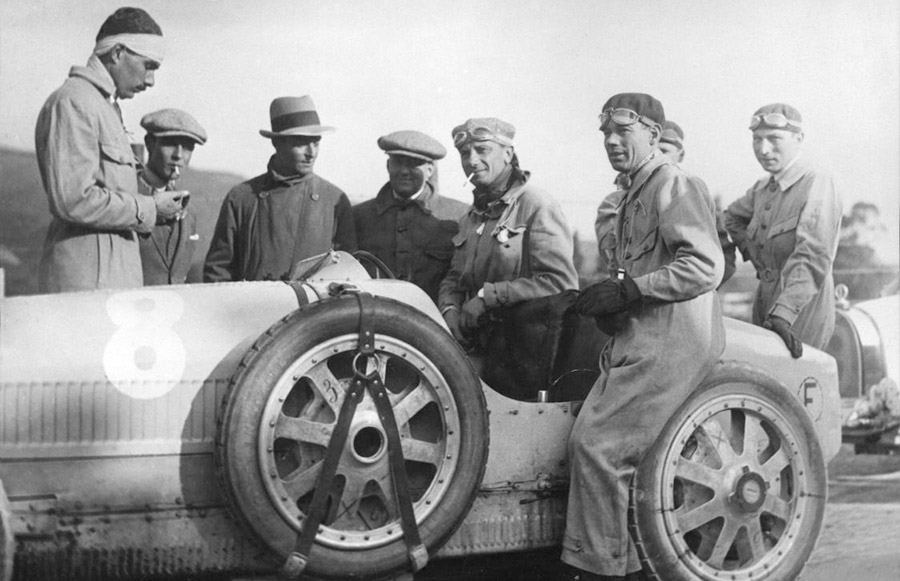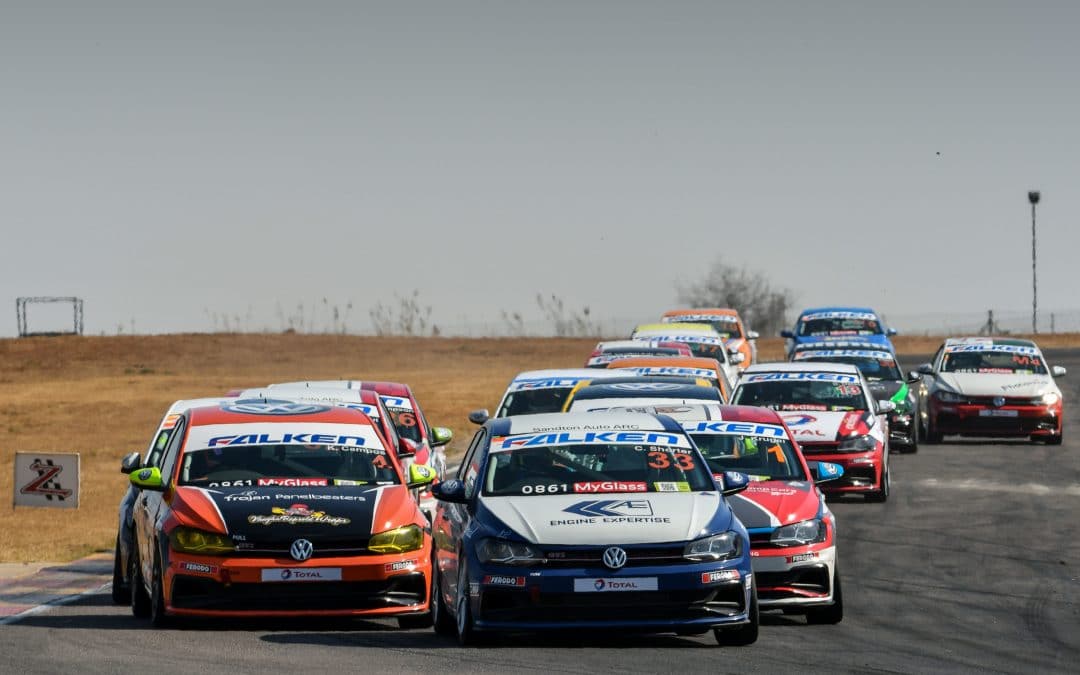When we talk about BMW's most successful racing years, we’re diving into a story that’s not just about cars but a testament to human engineering, determination, and the relentless pursuit of excellence. From the roaring engines of the '70s to the cutting-edge tech of the 2000s, BMW has left an indelible mark on the world of motorsport. It's not just about winning races; it's about creating legends.
Think about it—what makes a racing year truly legendary? Is it the sheer number of victories? The dominance on the track? Or the unforgettable moments that fans talk about for decades? BMW's racing history is a tapestry woven with all these elements, and in this article, we're going to explore the years that truly defined their legacy.
So, buckle up and get ready for a ride through time as we uncover the high-octane moments that shaped BMW's most successful racing years. This isn't just about numbers and trophies; it's about the stories behind the wheel and the passion that fuels every victory.
Read also:Patreon Leaks The Untold Story Behind The Curtain
Table of Contents
Early Years: The Foundation of Racing Success
The 70s: A Decade of Dominance
The 80s: Innovation Takes the Lead
The 90s: Breaking Records and Barriers
The 2000s: A Renaissance in Motorsport
Key Technologies That Changed the Game
Read also:Morgan Vera Nude The Truth Behind The Controversy And More
The Drivers Who Made the Difference
BMW's Global Impact in Motorsport
Future Directions: Where Is BMW Headed?
Conclusion: Celebrating BMW's Legacy
Early Years: The Foundation of Racing Success
Before we dive into the glorious years of BMW's racing dominance, let's take a moment to appreciate the groundwork laid in the early days. BMW's journey in motorsport didn't happen overnight. It was a gradual evolution that started with small victories and grew into an empire of speed.
In the 1930s, BMW made its mark with the 328 model, a car that wasn't just about looks but about performance. This car set the tone for what was to come. The 328's success in the Mille Miglia and other European races was the first sign that BMW was serious about racing. It wasn't just about building cars; it was about building champions.
Building Blocks of Success
Here are some key moments from BMW's early racing years:
- 1936: BMW 328 wins the Mille Miglia, establishing BMW as a force to be reckoned with.
- 1937: Further victories in European races solidify BMW's reputation.
- 1938: BMW continues to innovate with engine technology, setting the stage for future success.
The 70s: A Decade of Dominance
If there’s a golden era in BMW's racing history, it has to be the 1970s. This decade was a period of unmatched dominance, where BMW not only won races but redefined what it meant to be a racing powerhouse. The 70s saw the introduction of the BMW 3.0 CSL, a car so iconic that it became known as the "Batmobile" due to its aggressive design and aerodynamic enhancements.
The Rise of the 3.0 CSL
The 3.0 CSL wasn’t just a car; it was a symbol of BMW's commitment to excellence. Here’s why it stood out:
- Unparalleled performance on the track.
- Innovative use of lightweight materials.
- A design that was both functional and visually striking.
The 3.0 CSL dominated the European Touring Car Championship, winning titles in 1973, 1975, and 1979. It wasn't just about winning races; it was about setting standards that others would strive to meet.
The 80s: Innovation Takes the Lead
As the 1980s rolled in, BMW wasn’t content to rest on its laurels. This decade was all about pushing the boundaries of what was possible. The introduction of turbocharged engines marked a new era in BMW's racing history. The M1 Procar, developed in collaboration with Lamborghini, was a game-changer that showcased BMW's ability to innovate and adapt.
Turbocharged Success
The 1980s saw BMW achieve remarkable success in various racing categories:
- 1981: BMW M1 Procar Championship victory with Nelson Piquet.
- 1983: BMW 635CSi wins the World Touring Car Championship.
- 1987: BMW M3 makes its debut, quickly becoming a favorite among racing enthusiasts.
The BMW M3, in particular, was a masterpiece of engineering. Its combination of power, handling, and reliability made it a dominant force in touring car racing.
The 90s: Breaking Records and Barriers
The 1990s were a period of transition and growth for BMW in motorsport. The decade saw BMW expanding its reach beyond touring cars and into new racing categories. The V12 LMR, developed for the Le Mans 24 Hours, was a bold move that paid off spectacularly.
Le Mans Glory
In 1999, BMW achieved one of its most memorable victories with the V12 LMR at the 24 Hours of Le Mans. This win wasn't just about crossing the finish line first; it was about proving that BMW could compete at the highest level in endurance racing.
- 1999: V12 LMR wins the 24 Hours of Le Mans.
- 1998: BMW M3 GTR makes its debut, continuing BMW's dominance in touring car racing.
The 90s were also a time when BMW began to focus more on Formula One, setting the stage for future collaborations.
The 2000s: A Renaissance in Motorsport
Entering the 2000s, BMW was ready to take on new challenges and redefine its role in motorsport. The partnership with Williams in Formula One marked a significant shift in strategy, while the BMW Sauber F1 Team showcased BMW's ability to compete at the pinnacle of motorsport.
Formula One Ambitions
The 2000s saw BMW achieve significant milestones in Formula One:
- 2006: BMW Sauber F1 Team enters Formula One, quickly becoming a competitive force.
- 2008: Robert Kubica wins the Canadian Grand Prix, BMW's first victory in Formula One.
While the Formula One venture was short-lived, it demonstrated BMW's commitment to pushing the limits of technology and performance.
Key Technologies That Changed the Game
Throughout its racing history, BMW has been at the forefront of technological innovation. From turbocharged engines to advanced aerodynamics, BMW has consistently pushed the boundaries of what’s possible in motorsport.
Technological Highlights
Here are some of the key technologies that have defined BMW's success:
- Turbocharging: Revolutionized engine performance.
- Lightweight Materials: Improved handling and efficiency.
- Advanced Aerodynamics: Enhanced speed and stability.
These innovations have not only contributed to BMW's racing success but have also influenced the development of road cars, ensuring that the spirit of racing is present in every BMW vehicle.
The Drivers Who Made the Difference
Behind every successful racing car is a driver who brings it to life. BMW has been fortunate to work with some of the greatest drivers in motorsport history. From Nelson Piquet to Robert Kubica, these drivers have played a crucial role in BMW's racing success.
Drivers Who Defined BMW's Legacy
- Nelson Piquet: Three-time Formula One World Champion and BMW M1 Procar winner.
- Robert Kubica: First BMW Formula One race winner.
- Eddie Cheever: Key player in BMW's Le Mans victory.
These drivers, among many others, have left an indelible mark on BMW's racing history, proving that it's not just the car but the partnership between driver and machine that leads to success.
BMW's Global Impact in Motorsport
BMW's influence in motorsport extends far beyond individual victories. The brand has had a profound impact on the global racing scene, inspiring future generations of engineers, drivers, and fans.
Shaping the Future of Motorsport
BMW's contributions to motorsport include:
- Advancing engine technology.
- Promoting sustainability in racing.
- Encouraging young talent through various racing programs.
BMW's commitment to innovation and excellence continues to inspire and influence the world of motorsport, ensuring that its legacy will endure for generations to come.
Future Directions: Where Is BMW Headed?
As we look to the future, BMW is poised to continue its journey of innovation and success in motorsport. With a focus on sustainability and electric power, BMW is exploring new frontiers in racing. The BMW iFE.18, used in Formula E, is a testament to BMW's commitment to embracing the future of motorsport.
The Electric Revolution
BMW's future in racing includes:
- Continued participation in Formula E.
- Development of hybrid and electric race cars.
- Exploration of new racing categories and technologies.
BMW's most successful racing years are not confined to the past; they are a continuing journey into the future, where speed meets sustainability and passion meets innovation.
Conclusion: Celebrating BMW's Legacy
As we wrap up our journey through BMW's most successful racing years, it's clear that this brand has left an indelible mark on the world of motorsport. From the early days of the 328 to the cutting-edge technology of the BMW iFE.18, BMW's legacy is one of innovation, excellence, and passion.
We invite you to join the conversation and share your thoughts on BMW's racing history. Leave a comment below, share this article with fellow motorsport enthusiasts, or explore more content on our site. Together, let's celebrate the legacy of BMW and its relentless pursuit of excellence in racing.


